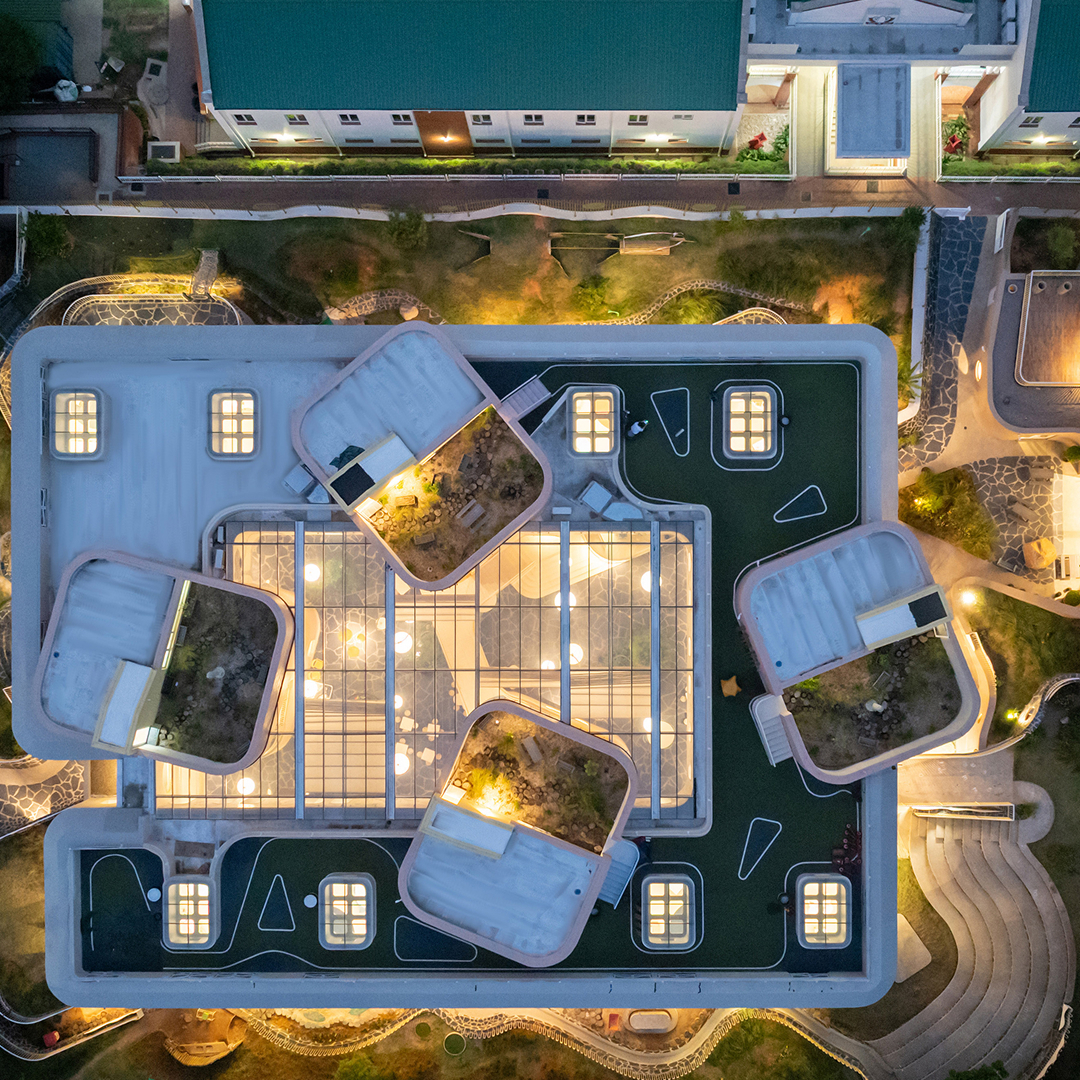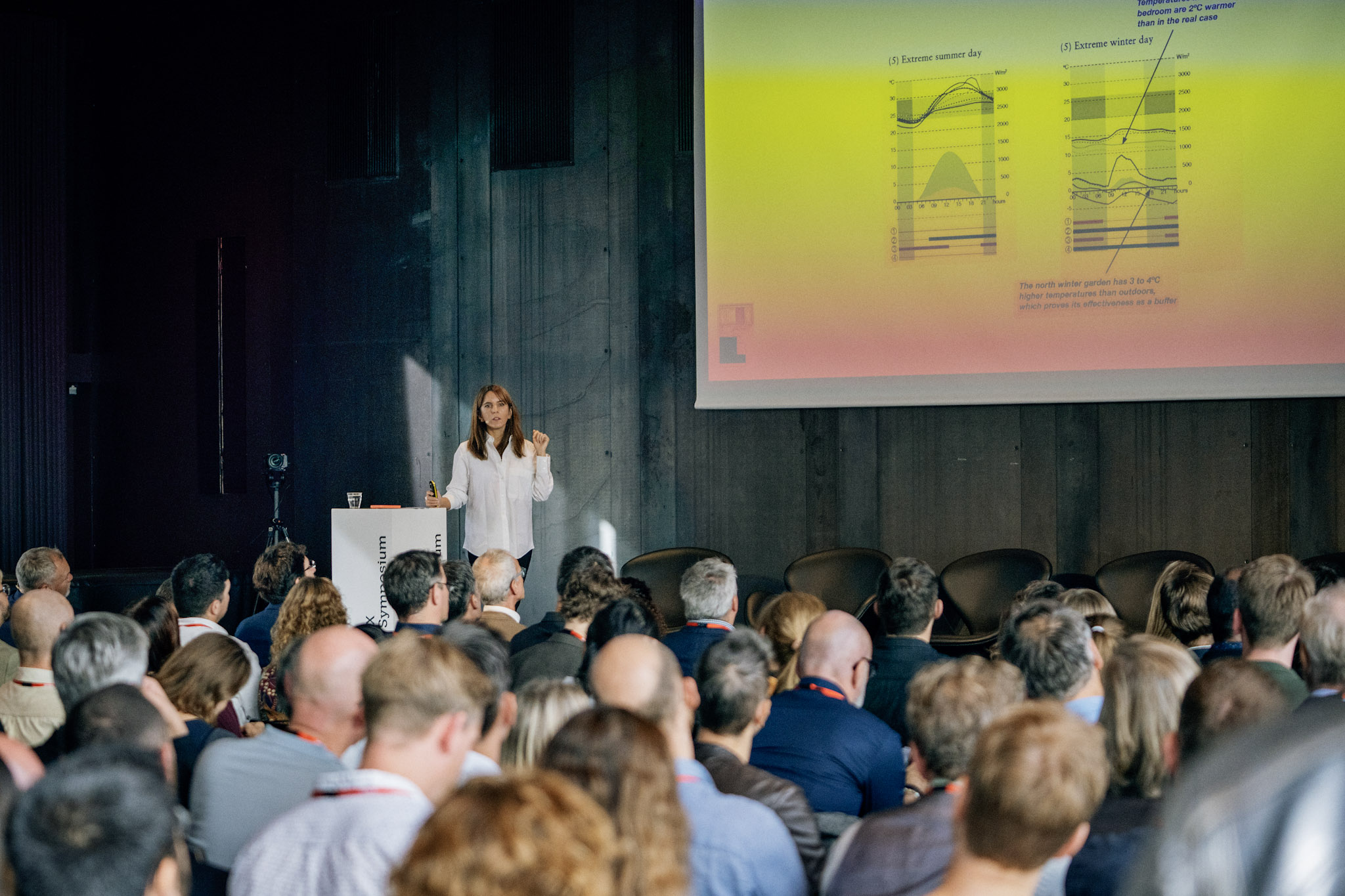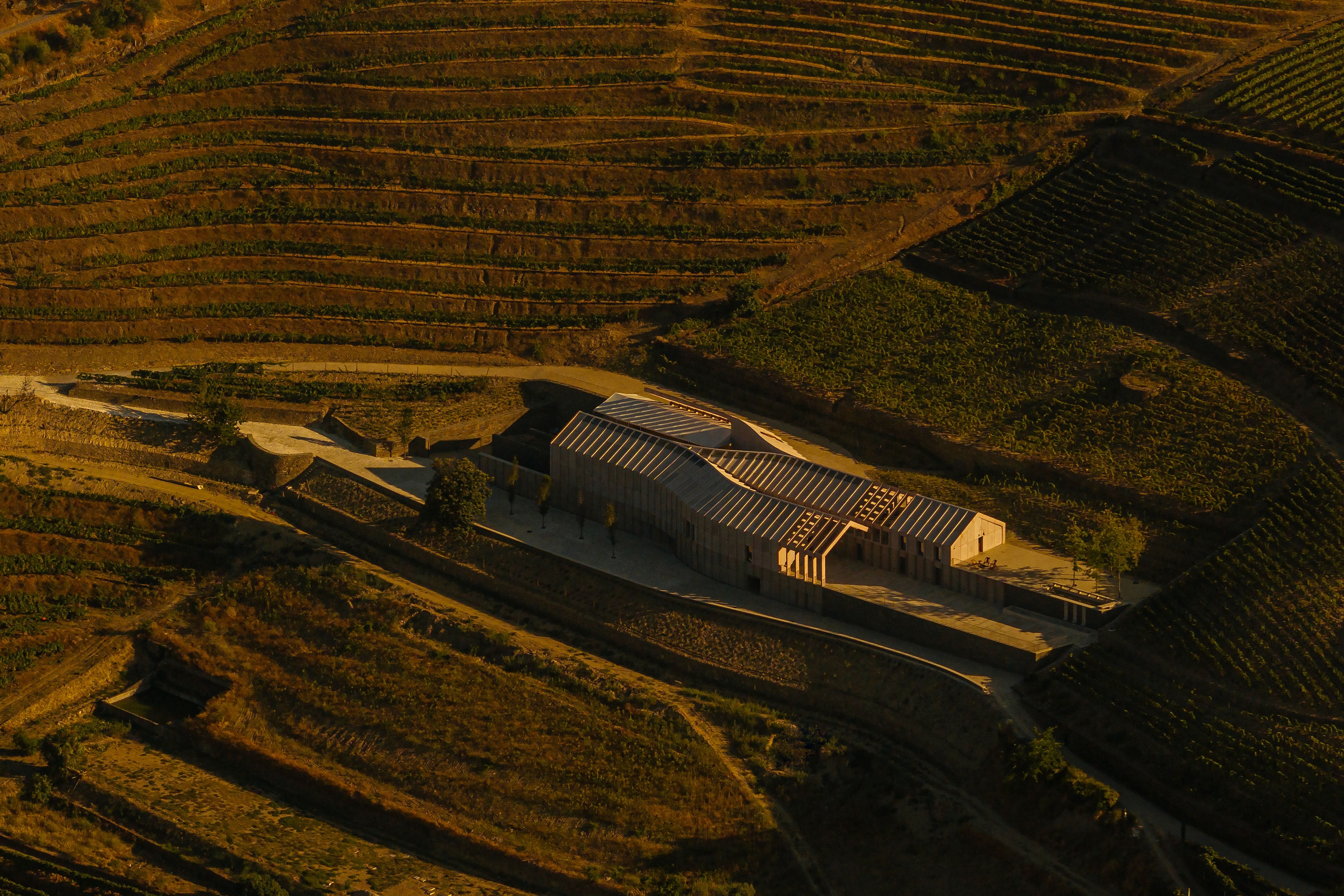Alberto Campo Baeza and Till Roenneberg receive The Daylight Award 2024
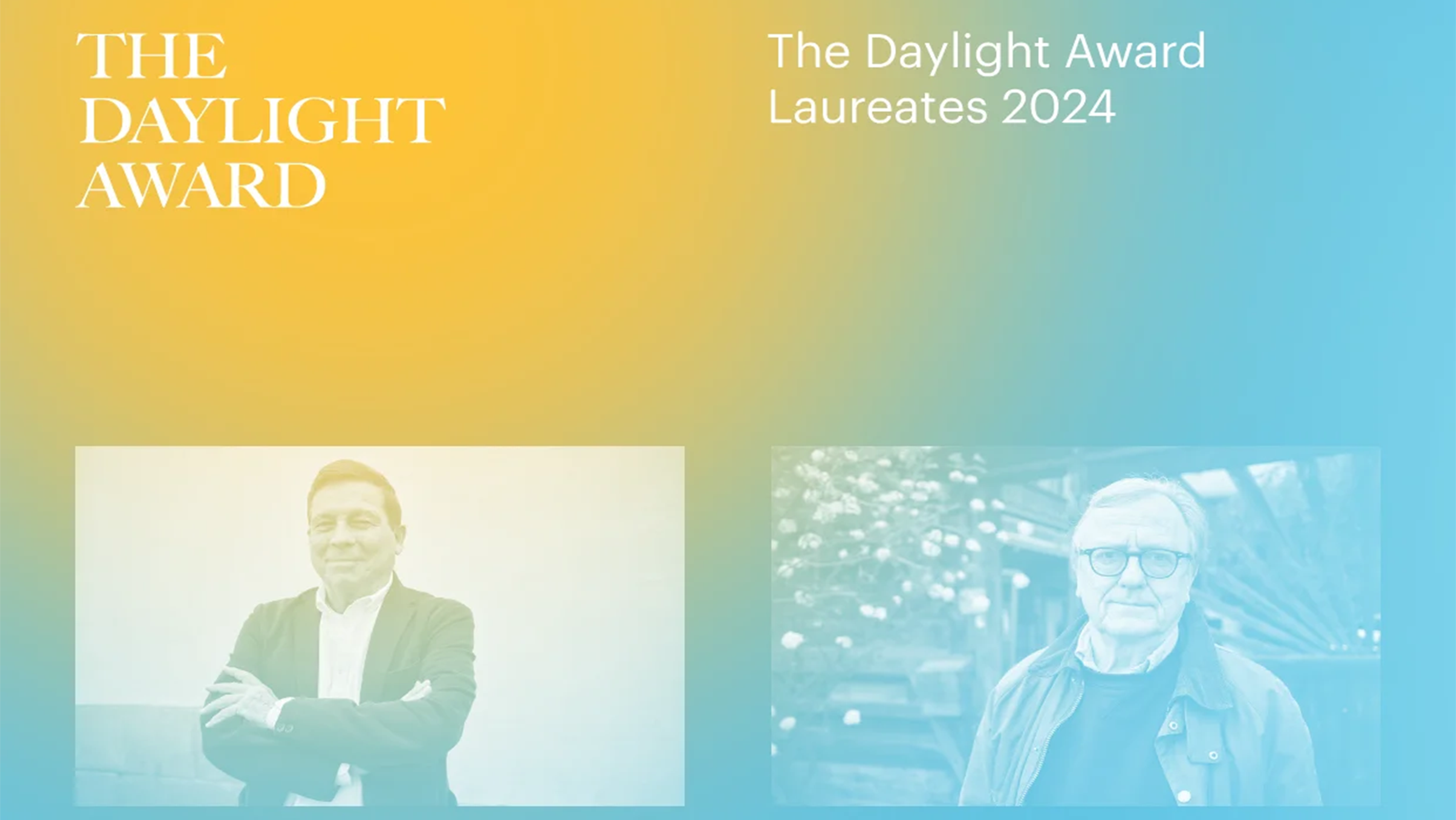
Date
21 May 2024
Share
Copy
On the UNESCO International Day of Light, 16th May 2024, The Daylight Award announced the 2024 laureates: Spanish architect and professor, Alberto Campo Baeza for his architecture, and German professor of chronobiology Till Roenneberg, for his research.
The two categories of The Daylight Award – scientific research and architectural design – recognise a duality with the aim of directing knowledge, based on research at the highest level, to the benefit of architectural thinking and practice. Research has created a scientific grounding for the use of daylight in architecture.
Architects have historically collaborated with engineers from different fields. During the past few decades, several sciences, ranging from biology, psychology, and sociology to neuroscience, have offered scientifically confirmed experimental knowledge about the subtle requirements and impacts of architectural qualities.
Watch the recording of the ceremony and celebration at the Danish Architecture Center in Copenhagen.
The Daylight Award for Daylight Research
These scientific investigations and findings are exemplified by the laureates of The Daylight Award, such as the 2024 laureate, Emeritus Professor of Chronobiology Till Roenneberg of the Institute of Medical Psychology at the Ludwig-Maximilian University in Munich, Germany.
Till Roenneberg’s focus has been on chronobiology and issues like circadian
rhythms and dependencies. His research and publications have helped to understand the many-sided qualities and impacts of daylight, and illumination in general, for human health, wellbeing, and performance. His fundamental research findings have been both highly cited and influential, and significantly, applied to multiple branches of society, spanning medicine, public policy, and architecture.
Till Roenneberg developed and validated the Munich ChronoType Questionnaire (MCTQ) to enable investigations of circadian entrainment in populations across the world. A key observation is the demonstration that human clocks are profoundly influenced by the natural light/dark cycle, despite increasing urbanisation.
Roenneberg has become notably influential as the creator of the “social jetlag” concept – a difference in sleep timing between work and free days which reflects changes individuals must make for work that are counter to their natural biology. When social jetlag is extensive, it indicates a biological challenge to that individual’s circadian and sleep systems. Roenneberg demonstrated links of social jetlag with obesity, depression, and substance abuse.
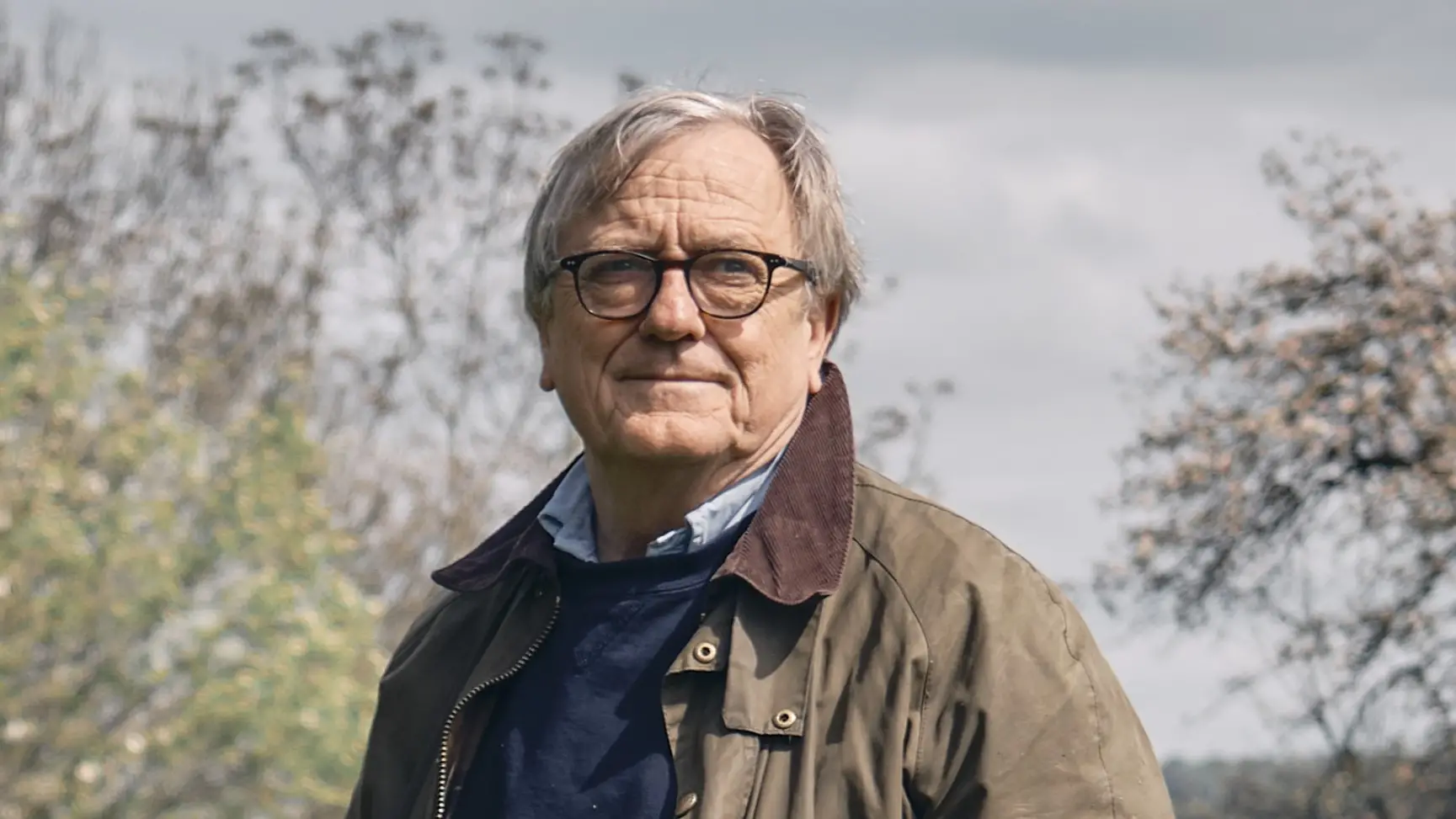
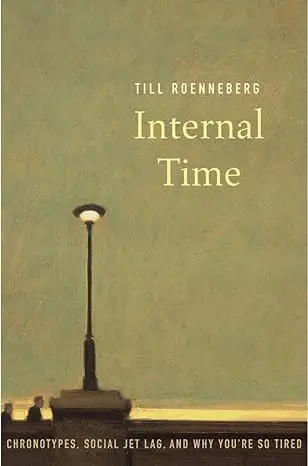
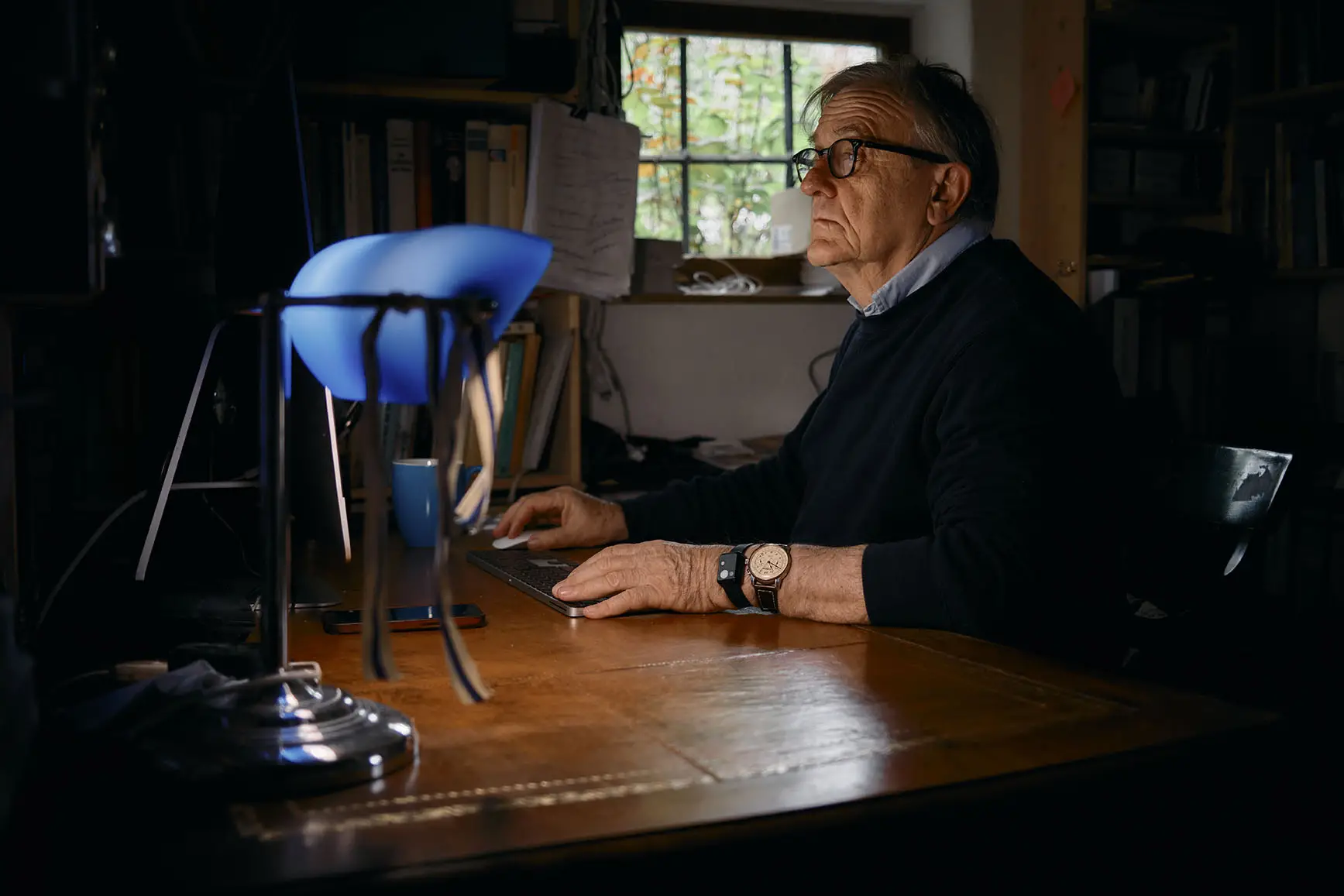
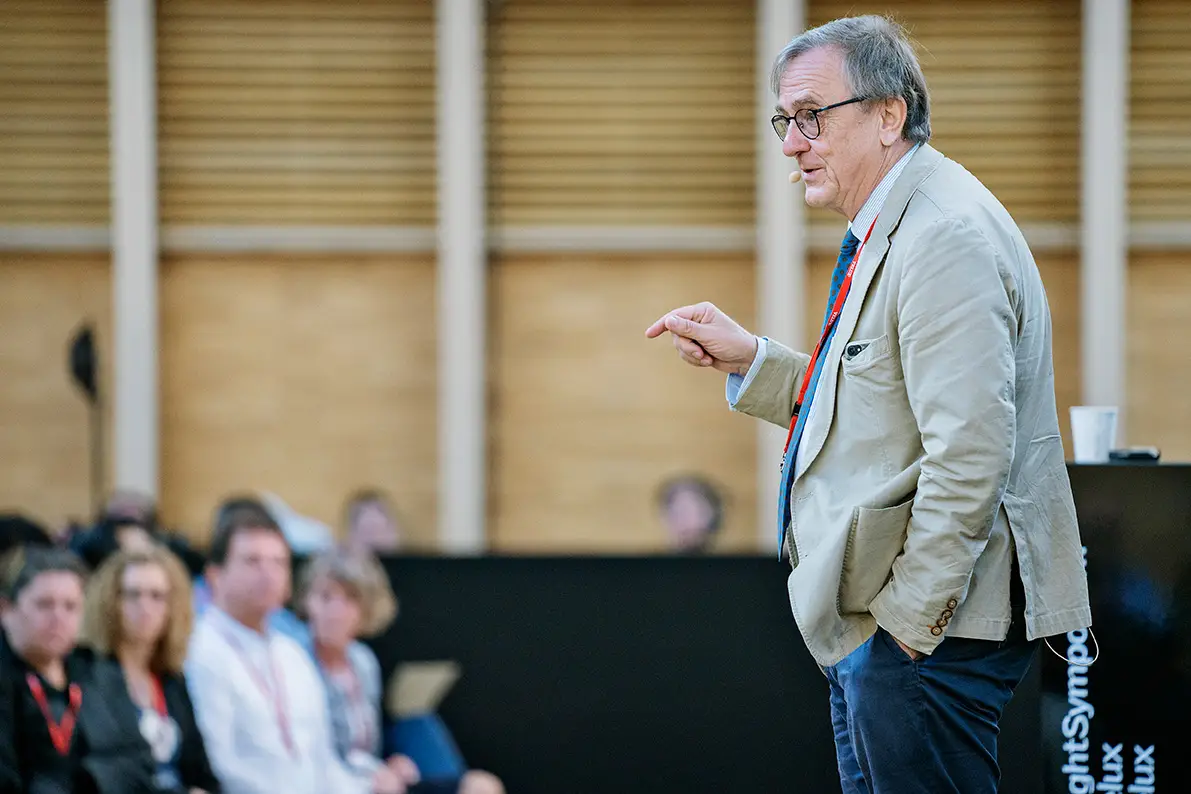
The Daylight Award for Daylight in Architecture
The architecture category of the award assesses and celebrates the sensory, aesthetic, emotional, and mental qualities of daylight in architecture. The architectural projects of the 2024 laureate, Professor Alberto Campo Baeza from Spain are restrained and silent examples of sensuous, mental,
and poetic qualities in the architectural articulation of daylight.
Campo Baeza’s works are celebrations of the silent miracles of daylight in buildings of widely differing functions. His buildings exemplify the spiritual qualities of daylight and thus expand the understanding of the values of daylight beyond the current scope of science.
In addition to his numerous, almost archetypically simple, and focused houses, he has designed buildings for a multitude of other purposes; museums such as Andalusia’s Museum of Memory and the recently completed Robert Olnick Pavilion of the Magazzino Museum in New York, the Caja Granada Savings Bank, a sports hall for Francisco de Vitoria University in Madrid, the Almeria Cathedral Square and several office buildings – all which share the same intention of ennobling the architectural experience through abstraction and reduction.
The architect’s unwavering confidence in his essential style often projects an air of silent spirituality, which is a rare, but a highly valuable alternative to today’s materialist, consumerist architecture.

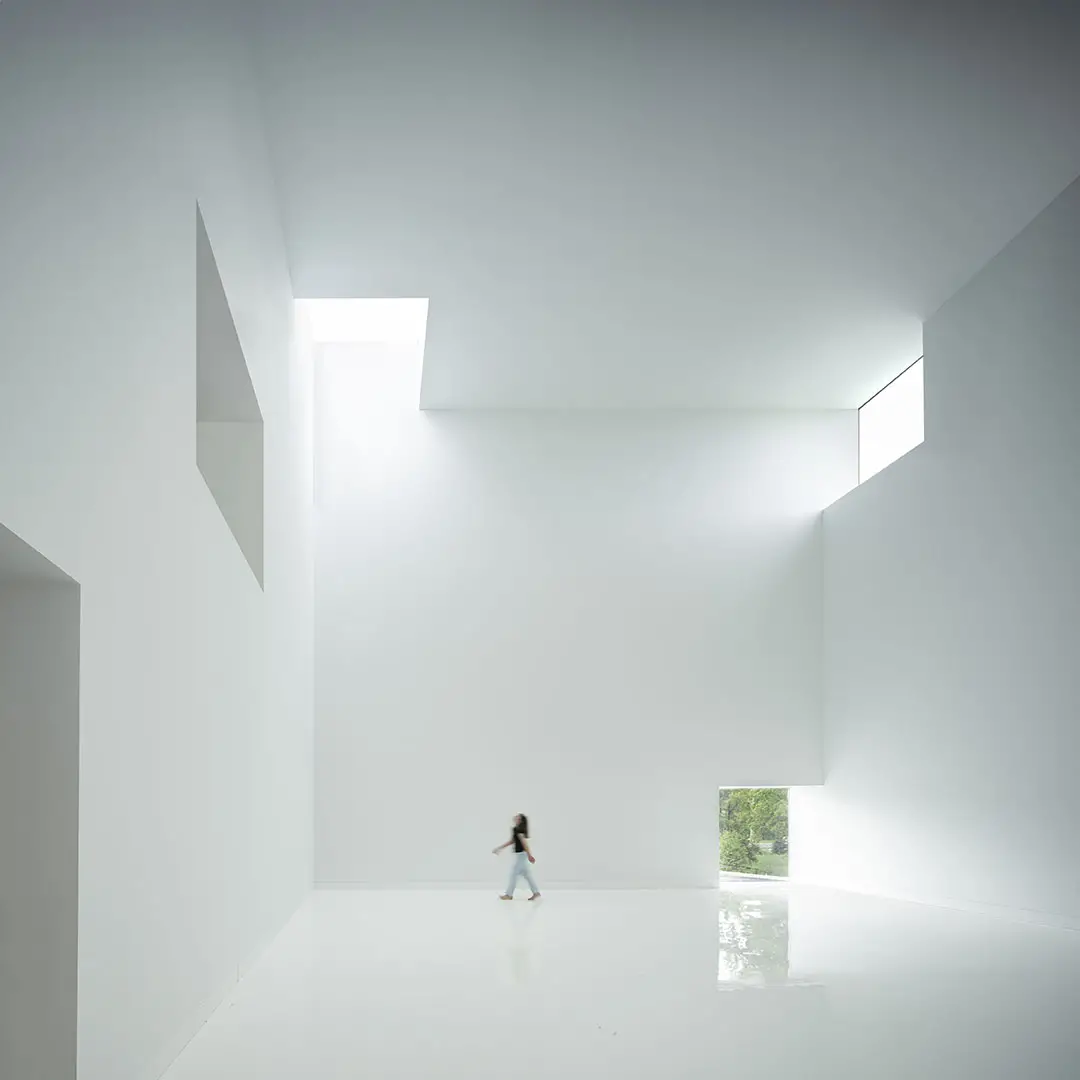
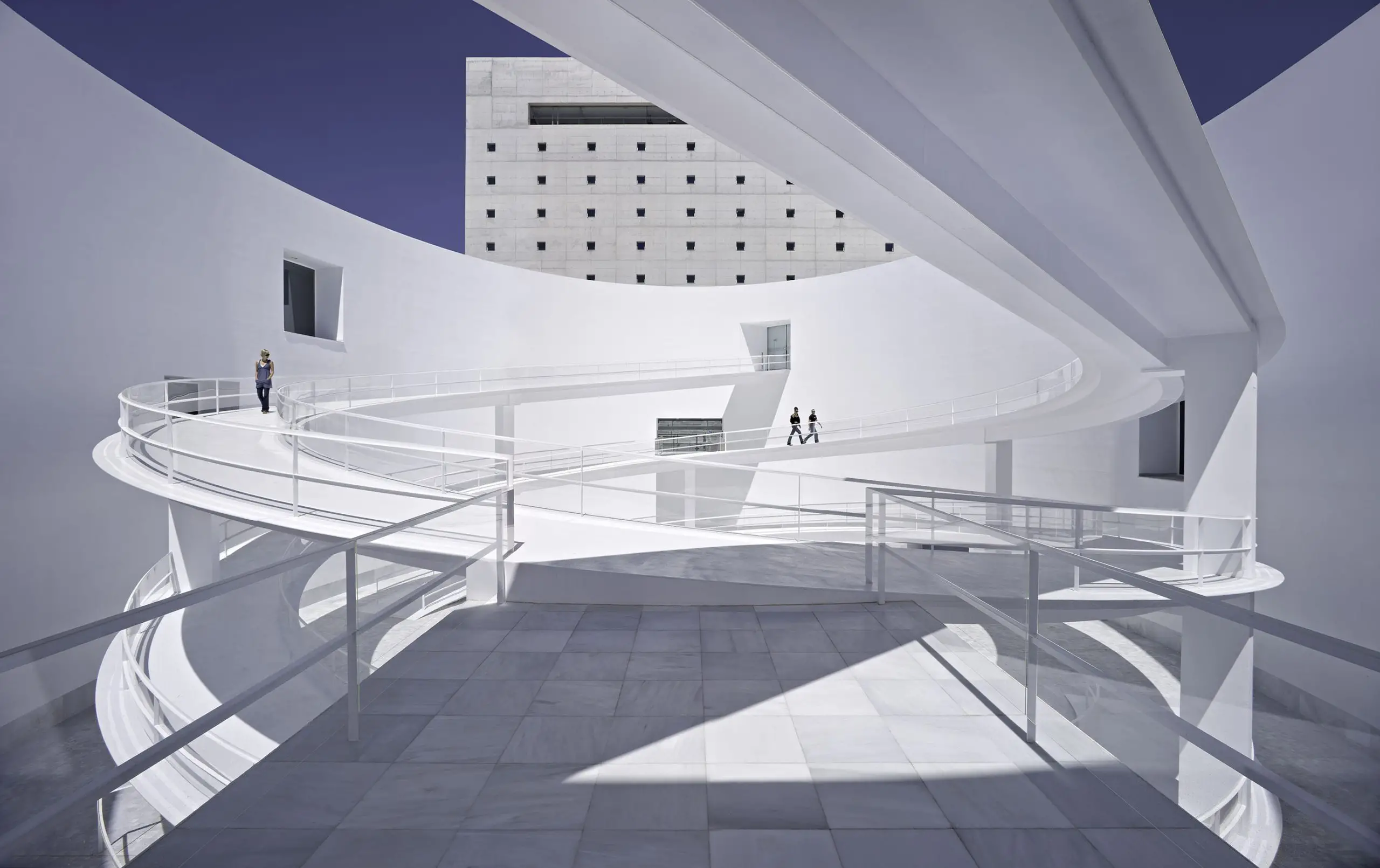

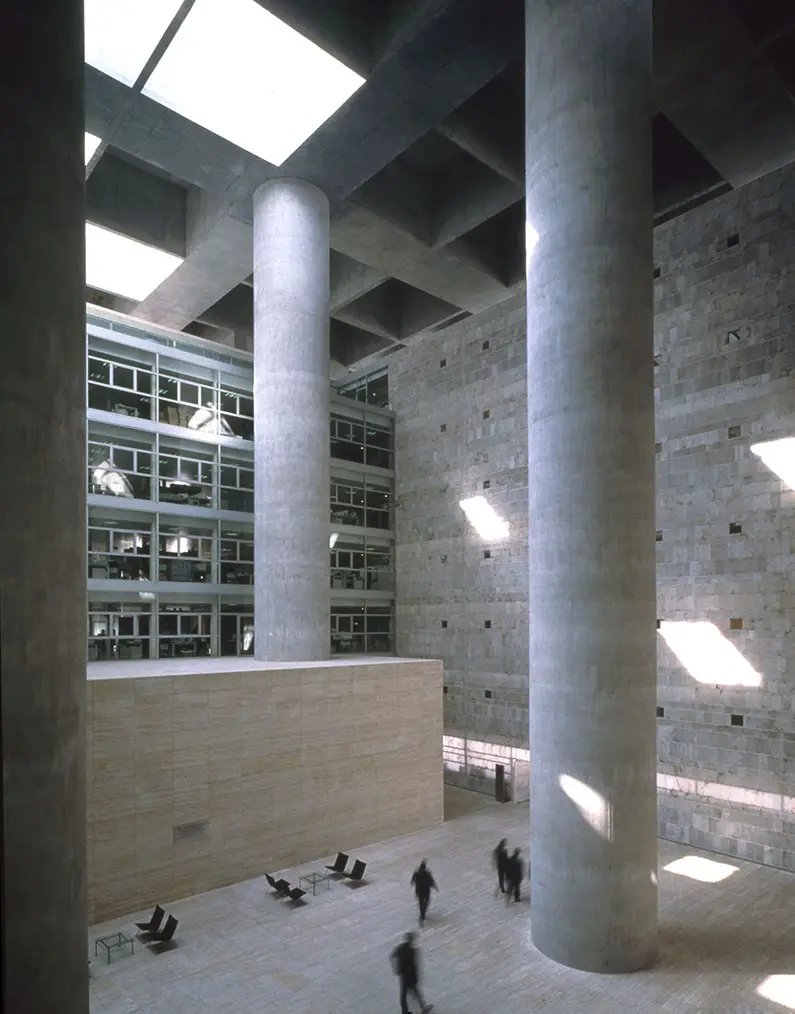
The Jury
The cross-disciplinary 2024 jury consisted of Finish architect and writer, Juhani Pallasmaa (jury chair), British professor of circadian neuroscience Russell Foster, Danish architect, and creative director Dorte Mandrup, Dutch professor of environmental psychology, Yvonne de Kort, Swiss professor of pharmaceutical chemistry Gerd Folkers, Dutch architectural photographer lwan Baan and American director of the Institute of Economic Botany, New York Botanical Garden, Michael Balick.
About The Daylight Award
The Daylight Award honours and supports daylight research and daylight in architecture. It acknowledges and encourages scientific knowledge and practical application of daylight, which interlink disciplines that are usually addressed in separated, monocultural spheres, professional circles, or practices. The Daylight Award strives to raise a holistic understanding of daylight and increase its positive impact on life.
The Daylight Award is established by the philanthropic foundations Villum Fonden, VELUX FONDEN, and Velux Stiftung, and is conferred biennially in two categories: The Daylight Award for Research and The Daylight Award for Architecture. The award is given as two personal prizes, and each to the sum of €100,000.
Find out more at https://thedaylightaward.com/
